Keep Your Horse’s Lungs Healthy (Especially During Fire Season)
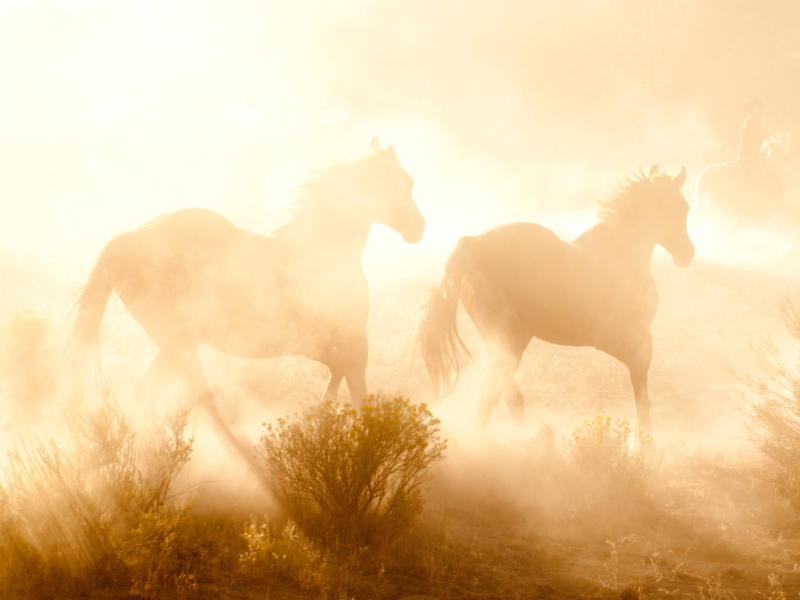
Share this article:
Wildfires. It seems like they’re everywhere these days. If you live in the Western US or Canada, then you know them all too well. And even the Eastern states have gotten wind of the residual pollution this summer. Put all that on top of dust from the pasture or the arena that gets kicked up when you’re riding, and seasonal allergies, too. (Hello, ragweed!) As humans, we have the benefit of escaping into our well-ventilated homes after a day in the barn, but our horses don’t. They’re still out there, surrounded by all of it 24/7.
Wildfires and Air Quality
The recent surge in wildfires has led to poor air quality in many regions. Just as humans can experience respiratory discomfort due to smoke and particulate matter, our horses are also vulnerable to these adverse effects. Smoke inhalation can irritate their lungs and compromise their breathing. Not to mention all of the toxins that are in the air when things are burned like carpet, paint, roofing, and other household chemicals. It’s important to monitor local air quality reports and limit your horse’s outdoor exposure on days when air quality is poor. Providing proper ventilation in stables or shelters can also help reduce their exposure to smoky air.
In this episode of Holistic Horseworks Talks, April Love tackles a crucial concern for horse owners this summer: how to safeguard our equine companions from the harmful effects of wildfire smoke. Join us as we delve into expert insights shared from firsthand experience.
Pollen and Dust
With summer comes the inevitable presence of pollen and dust in the air, which can exacerbate respiratory issues for horses. Horses are particularly sensitive to airborne irritants, and these particles can lead to discomfort, coughing, and even more serious respiratory problems. Regular grooming can help reduce the accumulation of dust on their coats, and maintaining clean bedding in their stables can minimize dust exposure.
Herbs for Better Breathing
Now imagine trying to run in a competition on top of all that! While an air-conditioned barn probably isn’t in your budget any time soon, there are still some steps you can take to protect the integrity of your equine companion’s lung health! (And they’re much more affordable.)
The Better Breathing Bundle from Silver Lining Herbs is a unique combination of supplements that have been specially formulated to promote and maintain optimal respiratory health in horses. The herbs in these supplements work synergistically to support lung function, aid recovery after strenuous activities, and provide much-needed support in the face of environmental stressors like smoke, pollen, and dust.
These supplements can play a supporting role in safeguarding your horse’s lung health during this challenging season. They help maintain the integrity of the respiratory system, enhance endurance, and reduce the effects of environmental stress. Whether you have a performance horse or a cherished companion, their respiratory health is important!
By staying informed about air quality, implementing proper stable management practices, and getting extra support with the Better Breathing Bundle, you can continue to provide the best support for your horse.
Better Breathing Bundle for Horses
Better Breathing Bundle for Horses includes everything you’ll need to care for an active horse and prevent lung bleeding. The Bundle includes the following products: Respiratory Support for Horses and Immune Support for Horses.
Respiratory Support for Horses helps maintain normal respiratory functioning for your equine companion.
Immune Support for Horses helps your horse comfortably expel and evacuate substances from the body, helping your horse be in peak shape and ready for performance.
Recent Posts

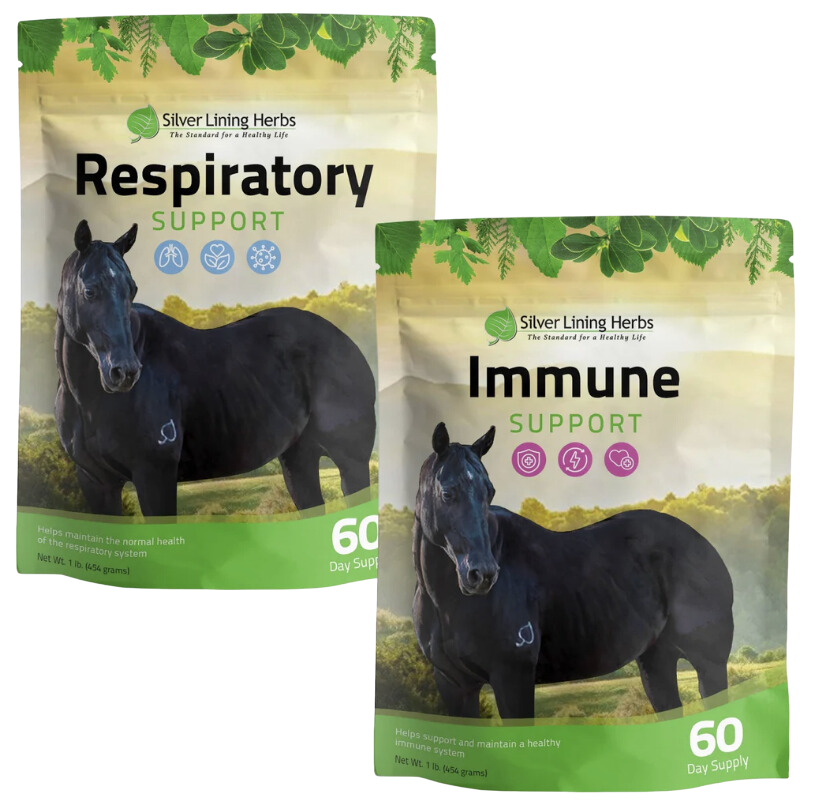
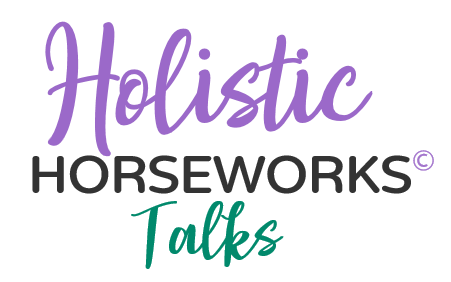
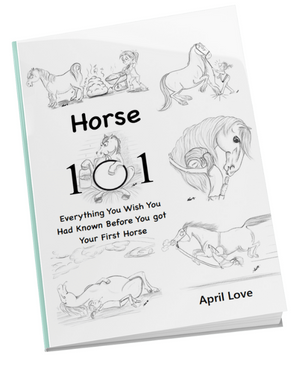
![Complete Level 1 & Level 2 Home Study + Private Training Package [NO DVD]](https://holistichorseworks.com/wp-content/uploads/2022/08/Level-1-and-Level-2-complete-home-study-and-training-package-400x400.jpg)
![Level 1 "Equine Musculoskeletal Unwinding" Home Study -Watch Instantly [NO DVD]](https://holistichorseworks.com/wp-content/uploads/2022/08/Level-1-Home-Study-400x400.jpg)
![Level 2 “CranioSacral Unwinding & Advanced Applied Kinesiology” Home Study - Watch Instantly [NO DVD]](https://holistichorseworks.com/wp-content/uploads/2022/08/Level-2-Home-Study-400x400.jpg)
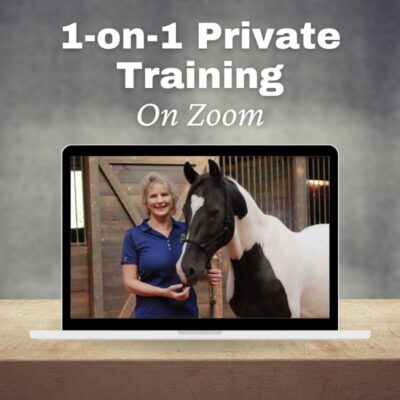
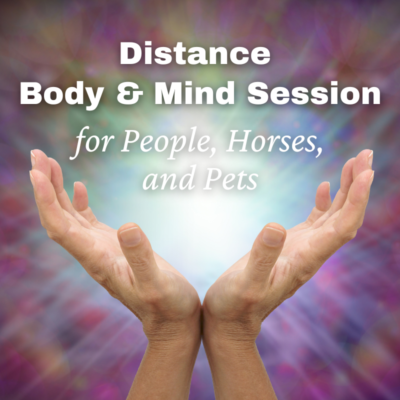
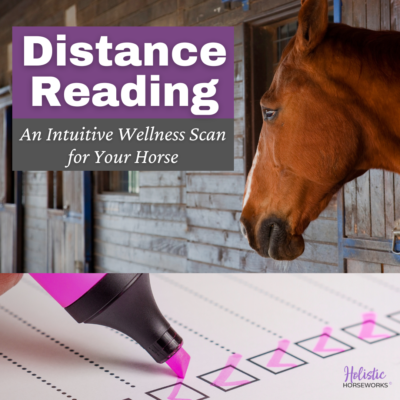
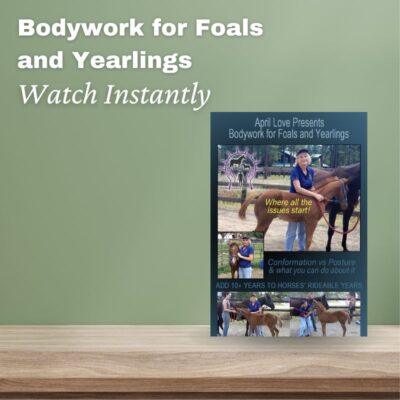
![Equine CranioSacral Energy Work -Watch Instantly [English and French]](https://holistichorseworks.com/wp-content/uploads/2022/09/equine-cranial-sacral-energy-work-watch-instantly-400x400.jpg)